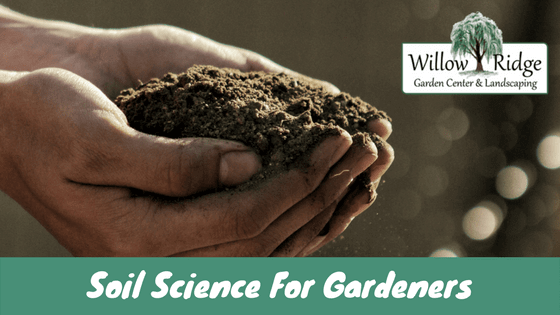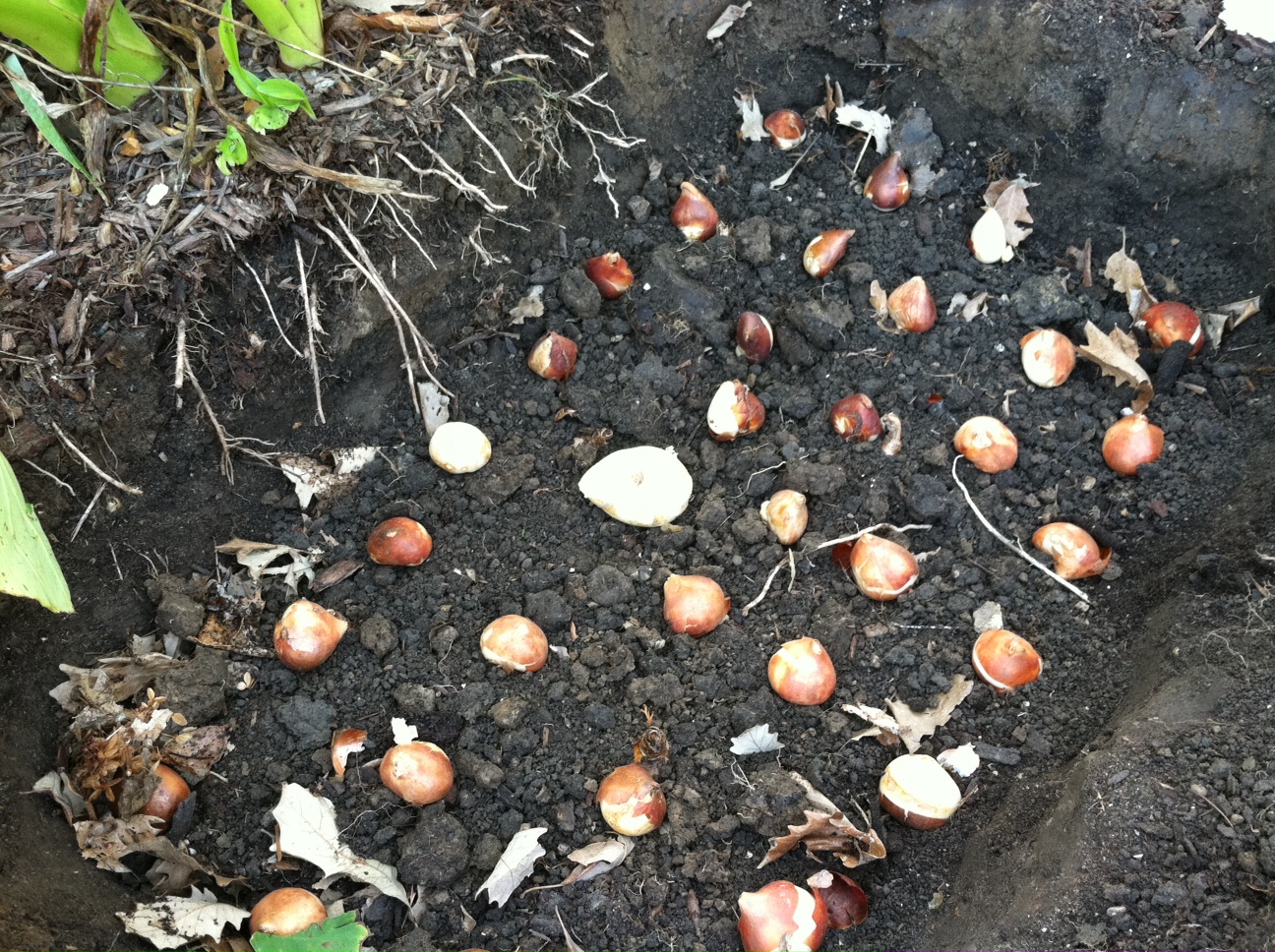As someone who loves gardening, I know that soil quality plays a significant role in the success of any plant. The soil should be fertile, nutrient-rich, and have a balanced pH. However, not all of us are blessed with perfect soil. That’s where soil conditioner comes in handy.
Soil conditioner is a type of soil amendment that improves soil quality. It is made of natural and organic materials such as compost, peat moss, and vermiculite.  Unlike fertilizers, which provide nutrients to plants, soil conditioner enhances the soil’s structure, texture, and ability to retain water.
Unlike fertilizers, which provide nutrients to plants, soil conditioner enhances the soil’s structure, texture, and ability to retain water.
One of the most significant benefits of using soil conditioner is that it improves soil aeration. When soil is compacted, it restricts the flow of air, water, and nutrients to plant roots. Soil conditioner helps loosen the soil, allowing air and water to penetrate. This allows plant roots to grow deeper and access more nutrients, resulting in healthier plants.
Soil conditioner also helps retain water in the soil. When the soil is well-aerated, it can hold onto moisture for extended periods, reducing the need for frequent watering. This is especially helpful in areas with low rainfall or during droughts, where water conservation is crucial.
Another benefit of soil conditioner is that it helps balance the soil’s pH. Plants require a specific pH level to grow optimally. Some plants prefer acidic soil, while others prefer alkaline. Soil conditioners can help adjust the pH level, ensuring the soil is suitable for the plants you want to grow. Using soil conditioners is also beneficial for the environment. Soil conditioner is made of natural and organic materials, making it a safer and more sustainable option.
In conclusion, soil conditioner is an excellent addition to any garden or farm. Improving soil structure, enhancing water retention, and balancing pH levels are some of the benefits it provides. So, to grow healthy and thriving plants, consider using a soil conditioner today.

